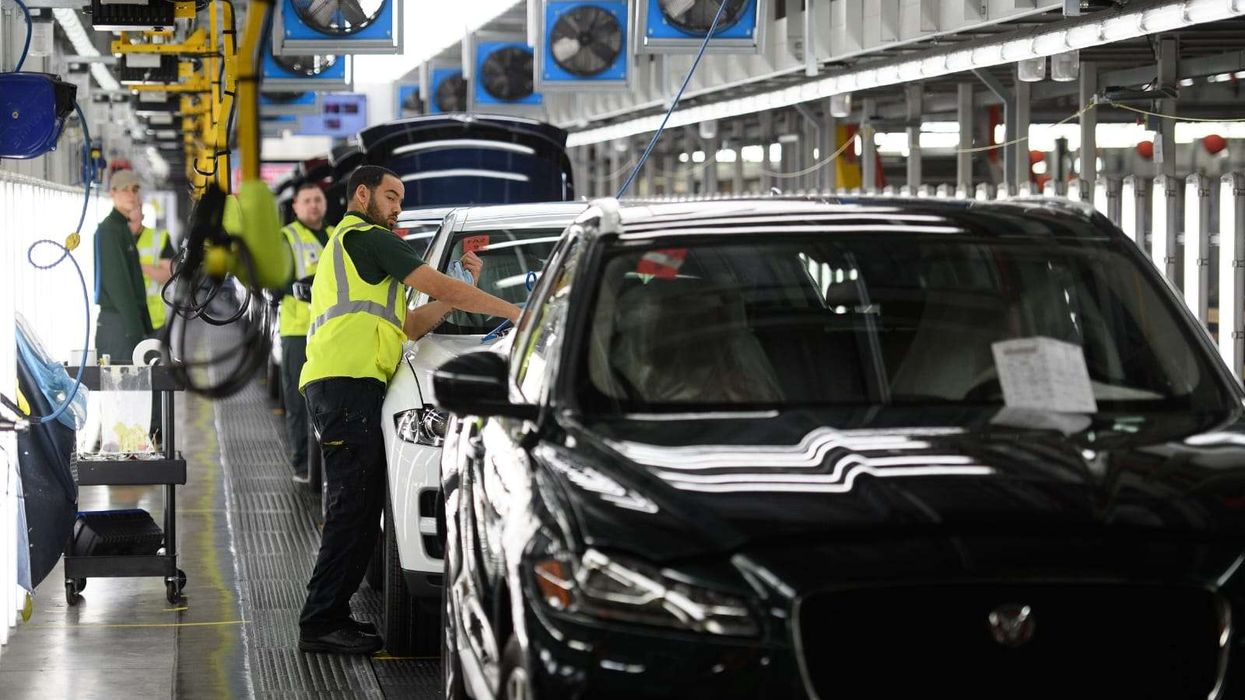In a bid to protect the economy from COVID-19 pandemic, the South Asian Association for Regional Cooperation (SAARC) member nations have unveiled economic stimulus packages.
India, a $2.9 trillion economy - the biggest in the eight-member SAARC grouping, has unveiled $22.6 billion economic stimulus plan, providing direct cash transfer to poor senior citizens and women and free foodgrain and cooking gas to give relief to millions hit by the lockdown.
The central bank cut the key interest rate by 75 basis points to make loans cheaper and a moratorium on repayment of loans for three months has been provided.
The government has suspended the Insolvency and Bankruptcy Code for 6 to 12 months to give breathing space to companies trying to secure the necessary financing, renegotiating loans, and attempting to secure other reliefs from banks.
In Pakistan,the government announced a Rs 1.2 lakh crore ($8 billion) rescue package to help businesses and vulnerable people. Pakistan's central bank has reduced the interest rate from 13.25 to 9 per cent since late March in response to the demand from the private sector.
It has also agreed to give concessional loans at 4-5 per cent to businesses.
Bangladesh has announced a $11.6 billion stimulus package to support the economy, with a primary focus on supporting the manufacturing and service sectors, agriculture and social safety nets.
"This support package is equivalent to 3.5 per cent of our GDP," Prime Minister Sheikh Hasina said on Friday.
The Bangladesh Garments Manufacturers and Exporters Association has said that orders worth about $3.2 billion were cancelled or suspended, affecting over 2.3 million workers.
The textile sector, a major forex earner, directly employs more than 4.5 million people, mostly women.
Sri Lanka's economy, hit by the COVID-19, is struggling to overcome the crisis. On March 31, the central bank announced a $250 million refinancing facility for banks, enabling them to expand their lending capacity to businesses, offer loan repayment moratoriums and provide working capital at four per cent interest.
Sri Lanka is also planning to enter into an agreement with the Reserve Bank of India for a currency swap worth $400 million to boost the foreign reserves and ensure financial stability.
Nepal's business sector is expected to suffer a loss of around $1.25 billion due to the halting of economic activities during the lockdown, says Umesh Lal Shrestha, vice president associate, Federation of Nepalese Chamber of Commerce and Industries.
Nepal's tourism sector is the worst hit by the pandemic. The Hotel Association of Nepal has projected that the hotel business income will decline by 90 per cent in 2020 and has asked the government to adopt special measures to protect the industry.
The Maldives government has announced an emergency $161.8 million stimulus package to shore up the local economy against the coronavirus pandemic, a local media report said.
The stimulus plan includes $100 million in emergency loans for businesses to meet short-term working capital needs. The Bank of Maldives has announced a $2 million short-term financing facility for the tourism industry, which contributes to the bulk of the island nation's state revenue and foreign reserves.
Bhutan's economy is having its worst year in the recent history with the GDP growth projected to decline by anywhere between 1-2 per cent depending on how long the pandemic lasts, reports said. The government wants to continue construction of hydropower projects to minimise the impact from COVID-19 and revive the land-locked country's economy.
Electricity constitutes about 13 per cent of Bhutan's GDP, the report said.
The Afghan government has allocated $25 million to deal with the crisis. The World Bank has approved a $100.4 million grant to support the war-torn country's weak economy.












